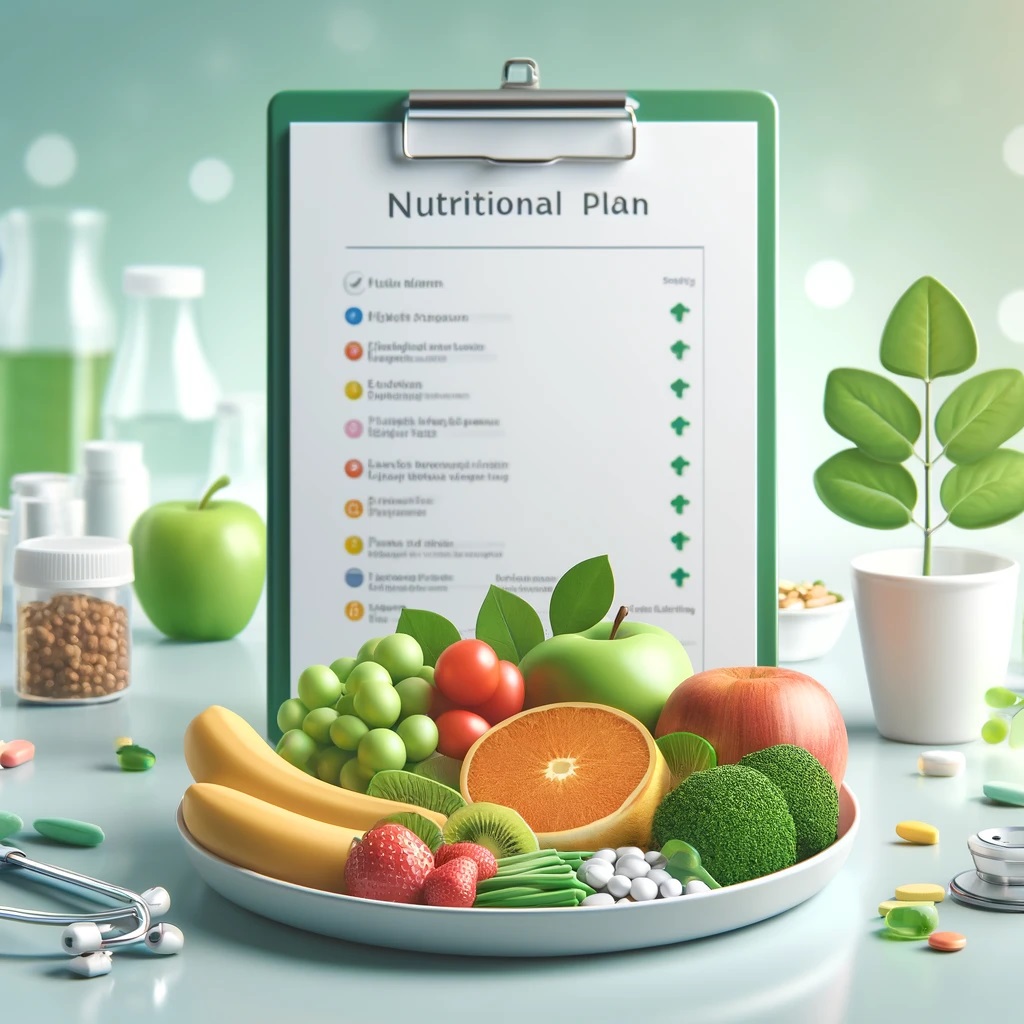
Nutritional management is a cornerstone in the treatment and care of individuals with kidney disease. The role of diet in kidney health cannot be overstated, as proper nutrition can significantly slow the progression of the disease, manage symptoms, and improve the overall quality of life for patients.
Importance of Nutritional Management
Kidney disease affects the body’s ability to filter waste products and excess fluids, leading to a buildup of harmful substances in the blood. Nutritional management is vital because:
Controlling Waste and Toxins: Proper diet helps in reducing the intake of substances that the kidneys struggle to eliminate, thereby preventing the accumulation of toxins.
Managing Symptoms: Dietary adjustments can alleviate common symptoms of kidney disease such as swelling, high blood pressure, and electrolyte imbalances.
Slowing Disease Progression: Certain dietary choices can slow down the progression of kidney disease by reducing the workload on the kidneys and preventing further damage.
Dietary Recommendations
The dietary needs of individuals with kidney disease vary based on the stage and type of the disease. However, general recommendations include:
Protein Management: While protein is essential for body functions, excessive protein intake can burden the kidneys. Patients are often advised to consume moderate amounts of high-quality protein from sources like lean meats, eggs, and dairy.
Sodium Restriction: High sodium intake can lead to increased blood pressure and fluid retention. Reducing sodium by avoiding processed foods and adding less salt to meals is crucial.
Potassium and Phosphorus Control: Patients with kidney disease may need to limit foods high in potassium (e.g., bananas, oranges, potatoes) and phosphorus (e.g., dairy products, nuts, seeds) to prevent imbalances.
Fluid Intake: Depending on the stage of kidney disease, fluid intake may need to be adjusted. Some patients need to limit fluids to prevent overload, while others may require increased hydration.
Healthy Fats and Carbohydrates: Focusing on healthy fats (e.g., olive oil, avocados) and complex carbohydrates (e.g., whole grains, vegetables) supports overall health and provides essential nutrients.
Role of Nutrition in Disease Progression
Nutrition plays a critical role in managing and potentially slowing the progression of kidney disease:
Reducing Inflammation: Anti-inflammatory foods, such as those rich in omega-3 fatty acids (e.g., fish, flaxseeds), can help reduce inflammation and protect kidney function.
Controlling Blood Sugar and Pressure: For patients with diabetes or hypertension, managing blood sugar levels and blood pressure through diet is vital in preventing further kidney damage.
Preventing Complications: Adequate nutrition helps in maintaining electrolyte balance, preventing bone disorders, and managing anemia, which are common complications of kidney disease.
Collaboration with Dietitians or Nutritionists
Working with dietitians or nutritionists is essential for patients with kidney disease. These professionals provide:
Personalized Diet Plans: Dietitians can create customized meal plans tailored to the individual’s specific needs, preferences, and stage of kidney disease.
Education and Support: Patients receive education on reading food labels, understanding nutrient content, and making healthier food choices.
Monitoring and Adjustments: Regular consultations with dietitians ensure that dietary plans are effective and adjusted as needed based on the patient’s health status and progression of the disease.
Holistic Approach: Nutritionists consider the patient’s overall health, lifestyle, and other medical conditions to provide comprehensive care.
Conclusion
Nutritional management is a fundamental aspect of kidney disease care, offering a powerful means to control symptoms, slow disease progression, and enhance the quality of life for patients. By adhering to dietary recommendations and working closely with dietitians or nutritionists, individuals with kidney disease can achieve better health outcomes and maintain optimal kidney function.
Quiz
Please note that our articles are not intended to guide personal health decisions.
This content has been curated by Renes Care. Unauthorized use or reproduction is prohibited.
© Renes Care. All rights reserved.
